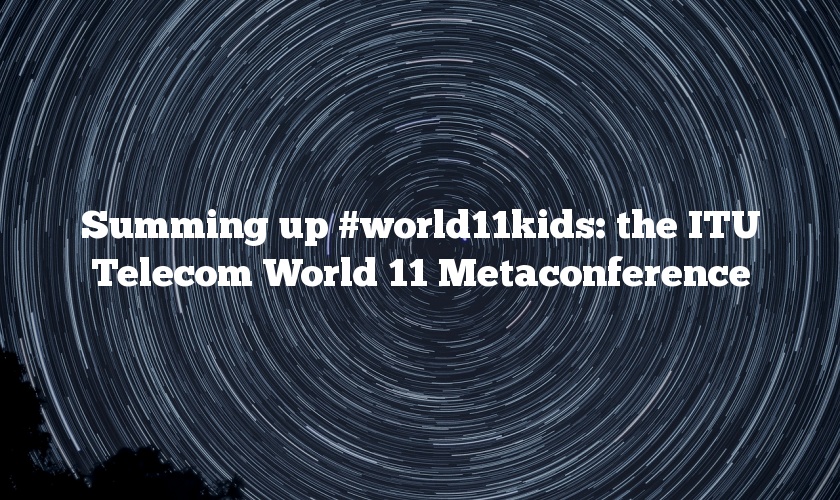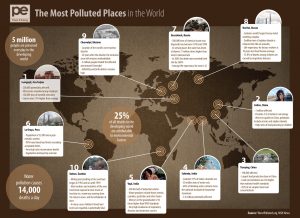Black Friday and Cyber Monday are creeping in! It’s November 25th ladies and gentlemen. Don’t miss the absolute best website hosting specials of 2015, like Cyber Monday Hosting Offers. You can potentially end up with up to a whopping 90% off of certain products and services. It’s like a candy shop for nerds!
Web hosting what? With all the talk about hosting and serving, you might think you were at a virtual cocktail party. But, as you are about to discover, if you don’t already know, web hosting and servers are not only the building blocks of the World Wide Web, but they are essential to your success as an Internet marketer.
Every Industry Has Its Own Language
Every industry has its own language. Since the Internet is based on computer programming, the language of the Internet is what is affectionately known as “geek-speak”.
While industry-specific languages are important to those within the industry to ensure that new concepts are clearly communicated and to keep old ones intact, they also have the unpleasant side effect of excluding newbies and other outsiders.
If you are not a computer programmer, the language of the Internet can be very intimidating. For some, it may even be the determining factor in whether or not they decide to continue with their plans to conduct business online.
This should not be the case. Although the intent may be to intimidate, some minor clarification about general concepts will help the language make sense, and give you surer footing as you enter the Internet marketing fray.
The Concept Of Web Hosting in a Nutshell
Continuing with the idea of the virtual cocktail party, think of a web host as the pantry where your ingredients (document and image files) will be stored. There are specific types of pantries (computers) that are designed to store your files.
On the other hand, in order for your virtual cocktail party to be a success, your ingredients (document and image files) must be taken from the pantry (computer) where they are stored and served to your guests (web surfers). Another type of computer was developed for the purpose of accomplishing this task.
This is the concept of web hosting and serving in a nutshell. Perhaps a bit oversimplified, but sure to bring clarity for even the newest Internet entrepreneur.
Check This and You Won’t Regret Your Decision Later
When you are researching a web hosting company that suits the needs of your business, be certain to assess the 10 key features and services listed below to give your online business the greatest opportunity for success and profit.
- Storage
- Bandwidth
- Tech Support
- Customer Service
- Costs: Fixed and Recurring
- Scalability
- Databases
- Operating Systems
- Domain and sub-domain registration, creation, and hosting limits
- Domain-specific Email Accounts
These are the Top 10 of a potential hundred features and benefits that must be considered before choosing your web host.
It will be challenging, at best, to assess your satisfaction with the customer service and tech support provided by your web host until you actually have a need for it.
By-and-large, you should be well able to make a wise and productive decision based on these 10 criteria. Black Friday and Cyber Monday distort the decision-making process a bit, but hey, if you pay less the risk is also less.
Ask Pre-Sales
A good web hosting company will be quick to answer your pre-sales inquiries and help you to determine if their services are best for you, even if it means they might lose the sale.
Your web host can make or break your virtual cocktail party. The right web host will have your guests clamoring for more. The wrong one will create an experience your guests will gladly forget.





